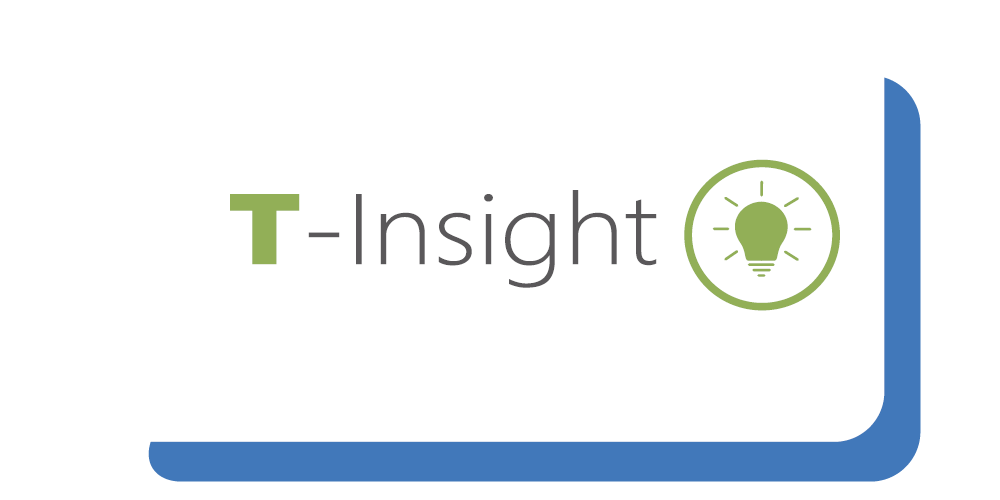Do we have enough teachers?
December 2022
The National Foundation for Education’s 2022 Annual Report does not make for happy reading. It is clear that England is facing a serious problem recruiting enough teachers and that this is due to a variety of different reasons e.g.
- low pay (relative to the wider economy)
- working conditions – “Teachers continue to work longer hours than similar individuals in other professions during term time”
- reduced – or even non-existent – bursaries for those thinking about training to be a teacher.
The report highlights that teacher retention is also an area of concern, with “teacher leaving rates appearing to be returning towards pre-pandemic levels.”
As teacher recruitment and retention in England has been a cause for concern for the government for some time, the Department for Education (DfE) published their strategy for recruiting and retaining teachers in 2019. The big question is: is it working?
The Early Career Framework
Recent budget squeezes have put pressure on a number of government teacher retention policies and schemes, leading to some being dropped. For example, it would appear that a pilot to investigate the impact of providing a paid sabbatical for experienced teachers is no longer part of the DfE’s long term plan. However, a significant investment has been made in providing a framework for early career teachers (ECT) and their mentors, extending the induction period from gaining qualified teacher status at the end of a teacher training programme from one year to two.
The Early Career Framework (ECF) “…underpins a new entitlement for 2 years of professional development designed to help early career teachers develop their practice, knowledge and working habits.” (DfE, May 2022). How this commitment to beginning teacher development is driven and supported, is primarily through the hard work and dedication of teacher mentors and their mentees.
According to the DfEs stage one evaluation of the ECF, most schools in England (95%) are accessing training and support materials for their ECTs and mentors through DfE accredited providers of ECF training. However, a small number of schools are using DfE accredited materials to deliver their own training and under 100 have decided to design and deliver their own bespoke training and development materials and programmes.
Of the mentors and ECTs accessing training and materials from the accredited providers:
- “Over half of mentors rated many aspects of their mentor training as good”
- “Induction tutors were more positive about the mentor training than the mentors themselves”
- “mentors in primary schools were most positive about their mentor training.”
Time, workload and lack of flexibility e.g. “35% of mentors rated tailoring of mentoring training as poor” were identified as areas for concern, consideration and/or development by the respondents surveyed.
It’s important to note that this initial evaluation report doesn’t contain information about outcomes/impact from schools that have chosen to provide their own induction programmes based on the ECF. Hopefully this data, including associated training and development approaches, will be available to school leaders in the future.
The DfE isn’t the only organisation to have evaluated the initial impact of this entitlement. A report has recently been published by Teacher Tapp and the Gatsby Foundation based on survey responses gathered from ECTs, mentors and senior leaders. Overall, the vast majority of teachers who responded to the survey questions were positive about the ECF as a concept but recognised that there were areas where improvements were needed if it was to meet all of its aims e.g. “Four in five ECTs and mentors alike say that the training they have received was not well-designed and just 1-in- 10 say it was a good use of time. The picture isn’t any better for self- study materials, with just a third of ECTs saying they were clear and a quarter saying they give good advice.”
The Importance of Teacher Mentors
Although it would seem that the ECF is viewed positively as a concept across the sector, more needs to be done to ensure that the training and development provided is meeting the needs of the ECTs and mentors accessing it.

“Mentors are pivotal to the ECF based induction programme and play a key role in the experiences of ECTs.” (DfE, 2022)
Bearing this in mind, the training and development offered for mentors is critically important, both in terms of meeting the aims of the ECF and for the efficacious development of the mentoring competencies needed to perform this role. For mentor training and development, a good starting point might be to consider what teacher mentors need to do in order to be effective, which forms part of my PhD research. I’ve written more about this here.
Scenario-based learning
Scenario-based learning can be used to build teacher confidence as part of a tailored training and development programme. Here at TSP we’ve been working and researching in this field for well over a decade and have developed a range of innovative tools, using realistic classroom based scenarios, to develop competence and confidence e.g. T-Insight .
We can also work with you to design bespoke solutions to match your context and development requirements. For example, read more about our work with partners in Kenya where scenario-based learning has been successfully used to measure and nudge competency gains for school leaders. Contact us today to discuss how we can help you.
References
1.Worth, J. and Faulkner-Ellis, H. (2022). National Foundation for Education Teacher Labour Market in England – Annual Report 2022. Retrieved September 22, 2022, from https://www.nfer.ac.uk/teacher-labour-market-in-england-annual-report-2022/
2. Department for Education (2019). Teacher recruitment and retention strategy. Available at https://www.gov.uk/government/publications/teacher-recruitment-and-retention-strategy (Accessed: 15.11.22)
3. Department for Education (2019). Early career framework. Available at https://www.gov.uk/government/publications/early-career-framework (Accessed: 15.11.22)
4. Department for Education (2022). Evaluation of the national roll-out of the early career framework induction programmes. Interim research brief (year one). Available here. (Accessed: 15.11.22)
5. Ford, I., Allen, R. and Wespieser, K. (2022). Early Career Framework – One Year On. Teacher Tapp and The Gatsby Foundation. https://teachertapp.co.uk/wp-content/uploads/2022/10/2022-10-Early-Career-Framework-TT-Gatsby-Final.pdf
6. Klassen, R., Bardach, L., Rushby, J. V., Maxwell, L., Durksen, T. L., & Sheridan, L. (2021). The development and testing of an online scenario-based learning activity to prepare preservice teachers for teaching placements. Teaching and Teacher Education. https://doi.org/10.31234/osf.io/sz2xy
7. Bardach, L., Klassen, R. M., Durksen, T. L., Rushby, J. V., Bostwick, K. C., & Sheridan, L. (2021). The power of feedback and reflection: Testing an online scenario-based learning intervention for student teachers. Computers and Education, 169, 104194. https://www.sciencedirect.com/science/article/abs/pii/S0360131521000713
Find Out More

Find Out More
TSP’s online early-career teacher education courses help to build teacher competence & confidence. Courses utilise a ‘scenario-based learning’ (SBL) methodology that support the development of non-cognitive teaching behaviours essential to classroom success.
